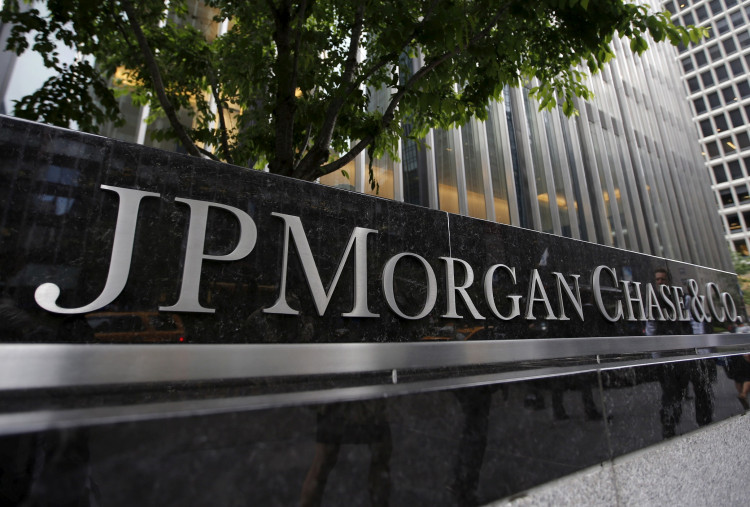Despite the recent consistent rise of the U.S. stock market, with widespread expectations that the Federal Reserve is nearing the end of its rate hike cycle and will pause next week, Bob Michele, a Wall Street veteran of four decades and the Chief Investment Officer (CIO) of JPMorgan's Asset Management business, worries that this is only the calm before the storm of recession.
In a recent interview, Michele stated that the current phase reminds him of a deceptive period of calm during the 2008 financial crisis. "It really reminds me of that time from March to June 2008," he said.
Michele explained that the market perceived it as a crisis, then policy actions were taken and the crisis seemed to be resolved. The stock market experienced a stable rebound for three months. However, he believes that the calmness of the recent months is only the brief lull before the storm.
He pointed out that during previous rate-hike cycles since 1980, on average, economic recessions have started 13 months after the last Fed rate hike.
He suggested that during the period when the Fed just finished its rate hike cycle, it appears as if the Fed has achieved a soft landing and no recession, as the economy is still growing. "But if it ends without a recession, that would be a miracle," he added.
Michele predicts that by the end of this year, the U.S. economy may fall into recession. Although the stimulus funds during the COVID-19 pandemic might delay the arrival of economic downturn, the economy will eventually recede. "I am very confident that we will be in a recession a year from now," he stated.
Michele also forecasted that three sectors of the U.S. economy might suffer the most pain: regional banks, commercial real estate, and corporate borrowers who issue junk-rated debt.
In the case of regional banks, he believes that these banks still face pressure from investment losses related to rising interest rates and rely on government financing programs to cope with deposit outflows. The government's support only stabilized the situation but did not fully resolve the issues of regional banks.
Following the collapse of Silicon Valley Bank in March, which sparked a banking crisis, Wall Street Journal articles repeatedly mentioned that many Wall Street institutions, including Goldman Sachs and JPMorgan, warned that U.S. commercial real estate could also trigger a crisis. U.S. Treasury Secretary Yellen admitted this week when discussing banking issues that due to major changes in people's attitudes and behaviors towards remote work, the demand for office space has decreased and there could be problems in the commercial real estate sector, especially in an environment of rising interest rates.
Michele commented that in many U.S. city centers, office space is "almost a wasteland."
He suggests that because the interest rates for refinancing debt have become too high, office building owners might simply abandon their loans and choose to default. Such defaults will hit regional banks' investment portfolios and real estate investment trusts. He also pointed out that many things remind people of 2008, including overvalued real estate.
In terms of junk-rated corporate debt, Michele says that the cost of borrowing was relatively low for the issuers of this kind of debt, but the financing environment is now completely different. Companies that need to refinance floating-rate loans may hit a wall. Many companies' past financing costs were extremely low, but the costs of refinancing now may double or triple, forcing them to undertake some form of debt restructuring or default.




